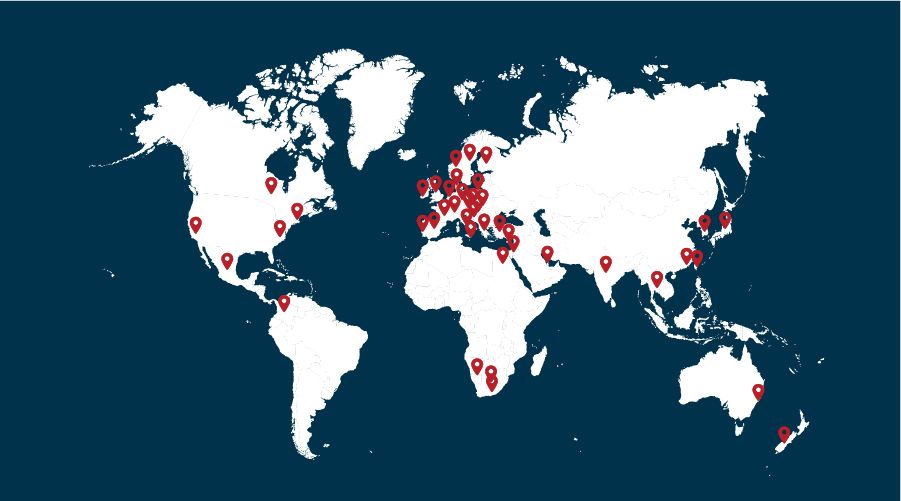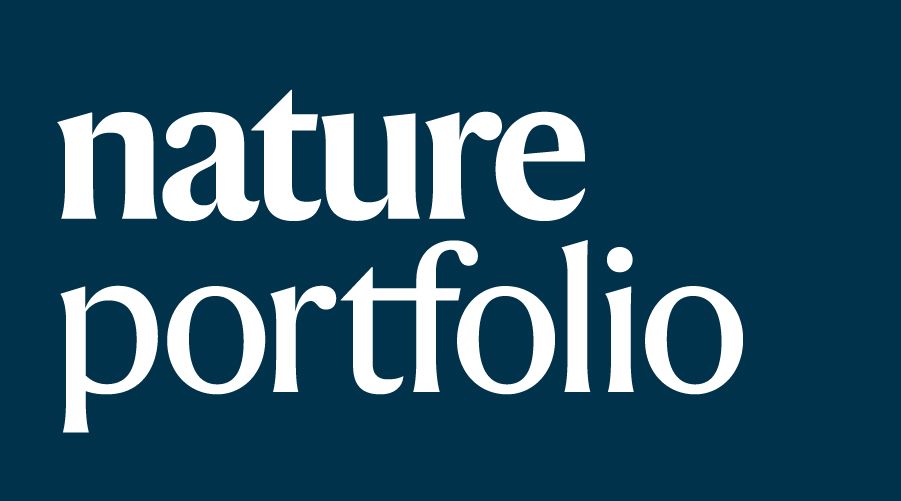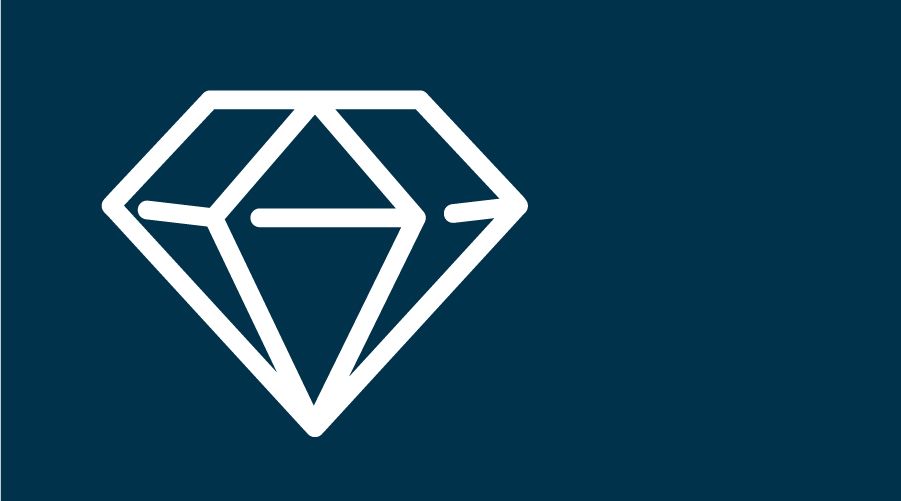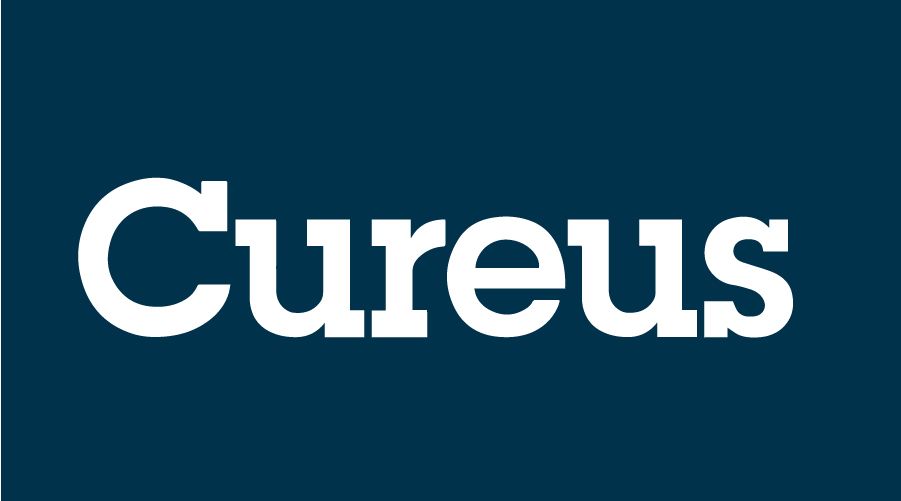Ensuring everyone can benefit from the open access transition
We work to eliminate barriers to creating, discovering and using knowledge

Ensuring equity in publishing is one of the central challenges currently facing our sector.
But it is more than just ensuring access to research. It is also about ensuring that all who want to publish open access (OA) can do so, and that the research being published is representative of the full global research community.
Enabling equity in OA is a key part of our transition strategy.

Steven Inchcoombe
President, Research
“For open access (OA) and ultimately open science to fulfil its potential we must find more and better ways to address the affordability gaps that many face. OA should be inclusive for all researchers, wherever they are. Below we set out several ways in which Springer Nature is seeking to support and enable this.
Beyond improving affordability we know we also have a responsibility to ensure broader participation in knowledge generation across our journal communities, amongst our peer reviewers, our journal editors and editorial board members so they are reflective of the communities we serve. Three years ago we made a commitment to diversity, equity and inclusion in research publishing, and we have been delivering on those commitments. As part of this in 2023 we published a benchmark report on the diversity of our academic editors. We can see progress, but there continues to be much to do, and here we are using our new DEI in Research Publishing hub to support our editors, providing free resources to help address unconscious bias and building awareness of the changing global research community.
As we increasingly use OA to break down barriers to access, so we are committed to also breaking down the barriers to full participation and representation of all researchers in the research publishing system.”
We are supporting equity in several ways:

Global TA expansion
Our transformative agreements (TAs) allow all authors from participating institutions to publish OA regardless of funding or discipline. In 2023 we agreed several new TAs, including the first in Southern Africa with SANLiC, including the Universities of Botswana and Namibia supporting researchers from low- and middle-income countries (LMICs); and a new TA with Lyrasis covering 120 institutions including Historically Black Colleges and Universities (HBCUs). TAs such as these foster collaborative partnerships, increase readership and author visibility for HBCUs and help to drive forward equity in research representation.

Waivers
Our waiver policies enable authors to publish in our OA journals regardless of their funding situation. €26m was waived for authors in 2023 publishing in our fully OA journals including over €8.5m for articles with corresponding authors based in LMICs.

Supporting OA publication in our Nature Portfolio
Primary research by authors from more than 70 LICs or LMICs that is accepted for publication in either Nature or one of the Nature research journals can be published OA at no cost using a dedicated fund.

Diamond OA Journals
We publish a number of fully-sponsored OA journals, which thanks to funding arrangements, enable authors to publish OA free of charge. In 2023 over 10,000 OA articles were published free of charge to their authors.

Experimenting with new OA models
Our new Cureus journals use an innovative publishing model that allows well-drafted, relevant submissions to publish OA for free (subject to meeting language and formatting standards and typically within three weeks of submission). For those authors whose manuscripts require support, authors can pay a low editing fee. The model delivers greater accessibility and affordability – opening OA publishing up to a wider audience, including non-academics. In 2023 these journals published over 17,000 articles, a third free of charge and two thirds at an average cost of US$340.
Our commitment to enabling equitable OA forms part of a broader effort to ensure diversity, equity and inclusion (DEI) across the research publishing landscape – from our editorial boards to those that are able to participate in research.
This is crucial if we are to create an equitable publishing landscape and ensure the work we publish is representative.
More about our commitment to improving diversity can be found in our blogs here and on our DEI pages here.
Open Access at Springer Nature


Spotlight on TAs
Springer Nature TAs powered 7x more gold OA articles than via authors choosing to publish OA in 2023, while not being part of a TA

Investing in technology to advance OA
We are committed to investing in technology to provide a streamlined, valuable experience, enabling researchers to advance discovery

Spotlight on integrity
To accelerate the next phase of the transition to OA, we’re investing strongly in technology and AI, with a particular focus on protecting the integrity and trust of research.